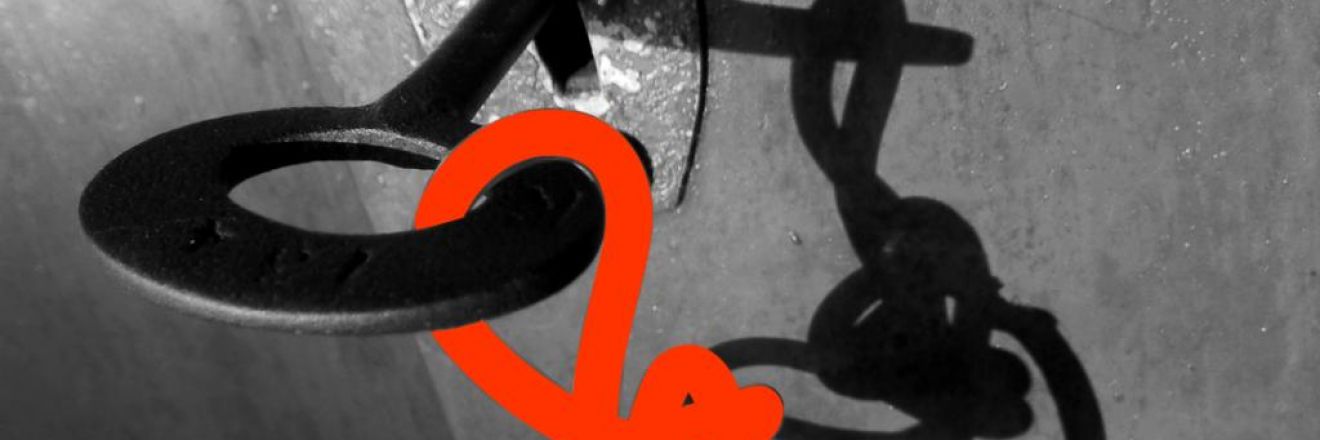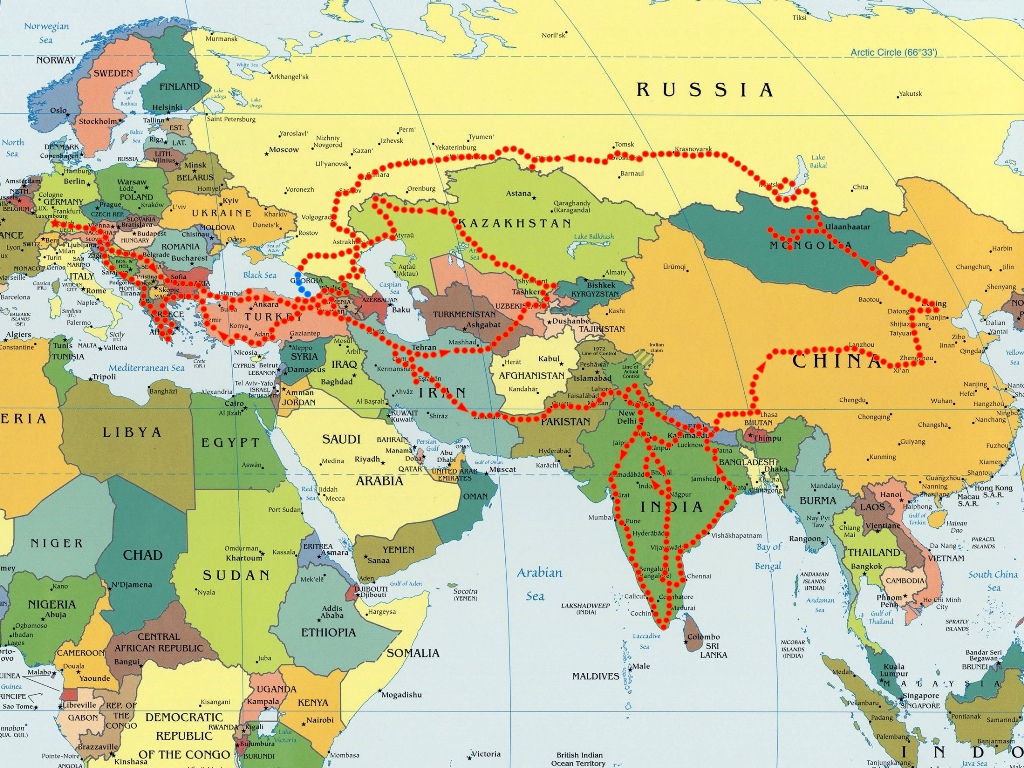

Texte Nepal 1 | Kathmandu, August 2011
Nicole:
What are just in the moment your main topics in writing?
Gaurav:
Important things in my writing? Important things, that means the main points, or?
Roland:
Yes, what mostly influences you, what attracts you, what bothers you.
Gaurav:
So like the most recent piece which I wrote and which I’m most happy with. I think I’m been trying to write this piece for years. See this is a collection of short stories. And this collection of short stories is called ‘Tears for Rahul Dutta’. It’s a collection of ten short pieces. It’s not very long, it’s maybe 11.000 words total. OK, but in this last piece I think I was able to really bring it to an end, after many years of trying to figure out what was missing. You know, because it’s about a character.
See that again, the whole idea of being.
You know, it’s very essential. OK, but yeah, this is my main topic. So like, you know, the last, so this is a character who is somewhat neglected. Alone. It can not be put into words. You have to read the story. But I think this is bit of … you know, this is part where he vanishes. He disappears and they have a funeral for him. And then he ends up somewhere else, in a parallel world somewhere else.
And the last bit actually has to do a lot with son and father – it has a lot to do with family. But I am not using the traditional, like indicators to talk about family. There is a lot of series stuff. And three, four of these pieces are going to be published, out of ten, in these three magazines.
But the main topic is like, I guess, trying to catch what it means to be a son.
There are only mainly three characters. Just a son, a mother and a father. And what is their relationship with their son and more importantly what is their relationship between each other. And I have not tried to be very succinct. I mean, for me writing … if shown it in one scene, if you captured it, that’s enough. You don’t need to repeat it over and over again, say it over and over again.
So like this is one scene in the first story where the character comes downstairs. I use a dining table as a place where family meets. And that is a traditional usage, because otherwise family could be all over the house. But at a dining table they come together. So he comes, he has just lost his job, but he hasn’t told his family this. And he comes and he is dressed up in a suit. And there is no real reason for it, he is just dressed up in a suit.
He comes down …
Is this OK we are talking about it like this?
Nicole:
… yes yes …
Gaurav:
… OK … and he comes down.
His mother is very happy to see him. Father is a little quiet. And then father asks, you know, this like:
‘Why?’
‘Why what?’
‘Why the clothes?’
‘For no particular reason, papa.’
‘There must be a reason!’
Rahul sat and stared at the wall. He couldn’t … I can’t remember the exact words … he couldn’t understand why his father was being so inquisitive, and why did there have to be a reason.
Finally he said:
‘Because it’s a new day, dad.’
OK, his dad smiled at him. Rahul didn’t understand why he was smiling.
He kept on eating, took a sip of his coffee and left.
Father kept on smiling.
So it’s a little absurd and a little grotesque.
I’ll give it to you, you can read it.
This one is online actually, so you can read it online.
And when he is leaving he is like ‘Seize the day, son’, still smiling.
In this situation the mother has not taken part and he has assumed, that his boy is in love.
He tells his wife:
‘He is in love.’
And the wife says:
‘I didn’t notice anything like this. What you are talking about?’
of this sort.
And then he keeps on talking and then he realises, that his wife has also left the room. So he has been talking to himself.
So he comes back, sips on his coffee, says:
‘Oh well’, with a blank look on his face.
So that’s one of the major scenes, when the father shows up. Then he shows up at the very end. There is a scene where he is again at the dining table. And there is an empty chair there. The crack on the chair indicated, that the fat man who had once sat there, had disappeared. There is a lot of presence and absence. The thing is, the father and son. I think, actually more it’s a lot about father and son. And of course is one scene where the mother kills herself. The thing is not linear. It’s not like I’m trying to like say ‘This happens and that happens’. Nothing really happens, you know.
But, you know, a lot of other … so see, I mean, you may have read it really. I mean, there is no other way to talk about it.
But the last bit was, when I was really able to get what I wanted to get to. And I still know this particular last bit in my head. It’s the last piece, nearly hundred words.
So the last piece is where the father and son reveal on the same level. They are like friends. Like the doubles of each other – father and son. And I have shown them in a grotesque manner where the … you know … they stared at each other. The mother is separate.
That’s not a real father and son relationship in fact. I don’t really mention the words father and son. It’s just a name which indicates, that it is the same person.
I don’t want to use real indicators in the sense … yeah, I could talk about things which really happen to me. But I know, for me it’s important to somehow cut to that. For this particular piece … I can say I can try to remember, but I don’t – I’ll have to cut it.
But there is a last bit where at the end his father has also left and he is completely alone now. And it goes like this … I try to remember … the main character is named Rahul. ‘Tears for Rahul Dutta’ is it:
‘Rahul wanted to have a look. At what, Rahul asked himself. Rahul couldn’t find anything to look at except for himself. He couldn’t stop himself from doing this. The only way out was to not think about it.
Rahul spent the whole afternoon thinking of not thinking about it, while looking at his whole person.
He asked his girlfriend to have a look, but she wasn’t there to have a look. So he cut himself off completely and dried the blood with what was once himself.
No one sitting in the room where Rahul cut himself off can possibly be in the position to even think of asking, even themselves, whether there was someone in the room.
Rahul failed to understand how something can be bad for you. How is something bad or good when you, yourself, are nothing?
Rahul did at some point, however, think, that he was not nothing.
He once thought that things would never come to a happy close.
He thought of his mother, who died too young, whom Rahul could have easily said good bye to, alive.
There is nothing you can do, Rahul.
Absolutely nothing, and perhaps also no one to share this with.
There is no point to even try to begin talking to the dead. They will not give you peace.
Rahul wished, he had never received news of her death.
As long as he never returned home, she was still around.
Rahul switched his cell phone off and never switched it back on. Instead he stayed away.
At a café (away) while he was sipping on his coffee, his stomach started to gurgle because of the coffee. He knew that it was the cause. He kept thinking of his gurgling stomach and then thought of what it would be like had he not had the coffee. Would his stomach still gurgle? It was possible that it would not. He never knew what pain felt like unless he found himself in a painful situation.
He wondered whether it was possible to feel pain in a situation, which didn’t give rise to it.
A storm blew over. Nothing, anywhere, changed its usual position.
Rahul looked around. It appeared as if he couldn’t tell the difference between himself and everything around him.
There was nothing to hold on to.’
That’s where the novel ends. The last bit. I mean … again … the idea of being … to find the main topics.
Roland:
This is also the topic ‘Weird’ … ‘Weird tales’ There is no cause and condition. It’s not linear.
Gaurav:
Weird, yes.
It’s definitely not linear.
You should read the book. (laughs)
